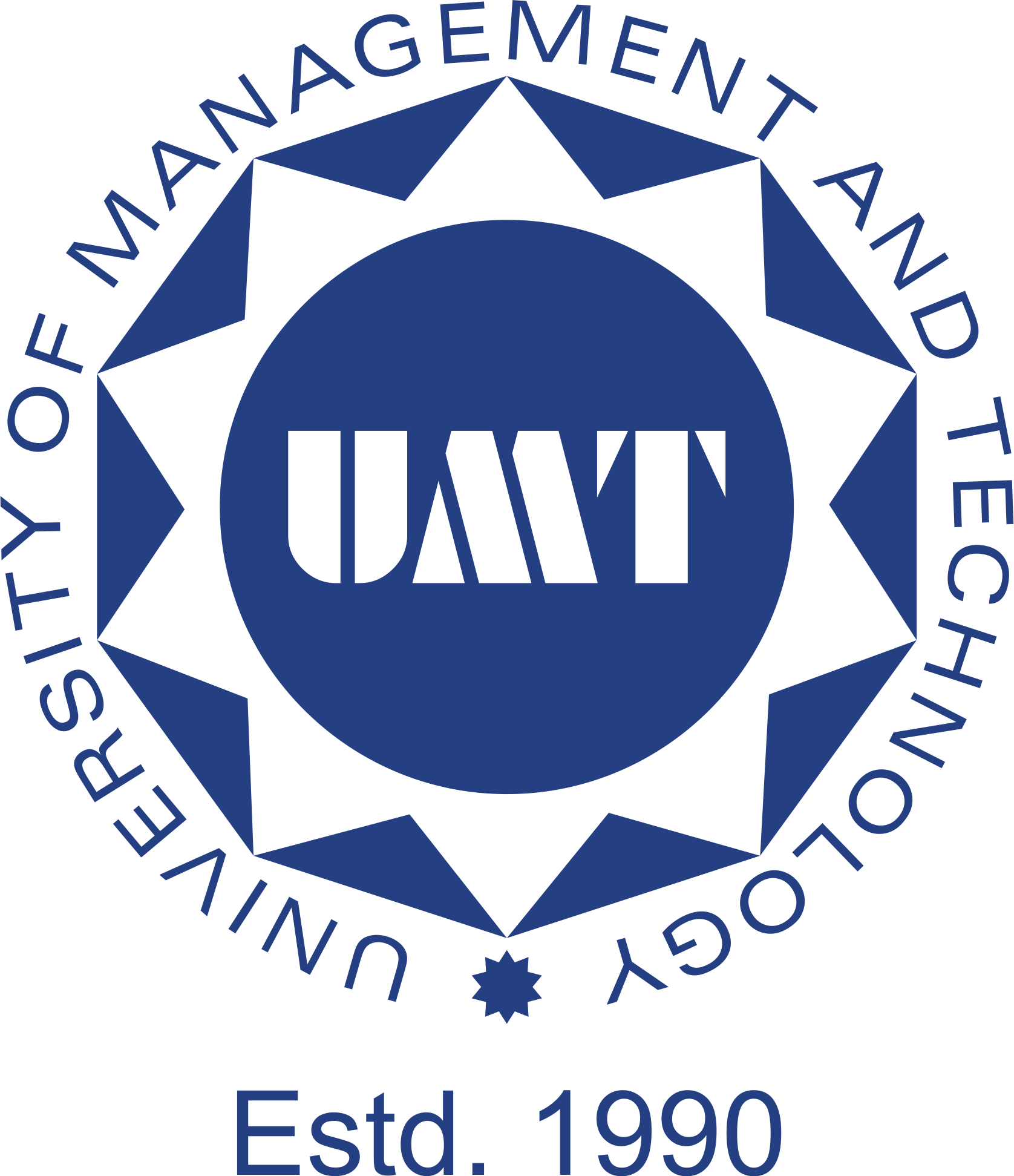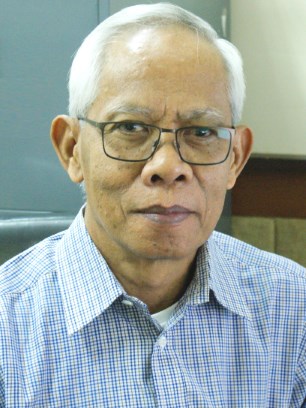


IBBAFS 2026 — 3rd International Conference on Life Sciences: Integrating Biology, Biotechnology, and Agri‑Food Systems
13–14 January 2026 • University of Management and Technology (UMT), 157‑M, Madre Millar Road, near Hamdard Chowk, Lahore, Pakistan
Conference Overview
The 3rd International Conference on Life Sciences (IBBAFS 2026) will be held on 13–14 January 2026 at UMT, Lahore, and will be co‑organized by PAS and the Department of Life Sciences, School of Science, UMT. Conference partners: University of the Punjab, Pakistan, and National Taiwan University. Building on the momentum of the 2025 edition, IBBAFS 2026 will bring together researchers, practitioners, and industry partners from Pakistan and abroad to advance integrative life‑science solutions across biology, biotechnology, and the agri‑food continuum.
IBBAFS 2026 will foster interaction, networking, and collaboration among specialists in plant and animal sciences, microbiology, genetics, physiology, biomedical and pharmacological research, as well as interdisciplinary domains such as biochemistry, biophysics, biodiversity, bioengineering, and biotechnology. The conference will emphasize translational research—linking fundamental discoveries to applications that support human, animal, and environmental health, sustainable agriculture, and safe, nutritious food systems.
The program will feature keynote and plenary talks, themed technical sessions, posters, young‑scientist awards, and hands‑on workshops focused on robust experimental design, reproducible methods, FAIR data practices, and pathways to adoption in clinics, farms, and industry.
Important Dates
Full Paper Deadline
10 November 2025
Review Notification
10 December 2025
Camera‑Ready Deadline
25 December 2025
Presentation Submission
13–14 January 2026 (conference dates)
Publication Materials to Publisher
February 2026
Keynote Speakers

Dennis Y. C. Leung
The University of Hong Kong, China
Talk: Algal bioprocesses for carbon capture and high‑value bioactives in agri‑food systems

Prof. Dr. Bambang Sugiharto
Biochemistry, Physiology & Biotechnology of Plants, Department of Biology, University of Jember, Indonesia
Talk: From stress signaling to yield stability in rice: integrative biochemistry and physiology

Prof. Kyung‑Min Kim
Agro‑production Technology, School of Applied Biosciences, Kyungpook National University, South Korea
Talk: AI‑assisted multi‑omics breeding pipelines for climate‑resilient crops
Tracks & Topics
1. Plant & Crop Sciences: Genetic Improvement and Stress Biology
This track will cover breeding strategies, genomics‑assisted selection, seed biology, and mechanisms of abiotic/biotic stress tolerance aimed at yield stability and agro‑biodiversity conservation.
2. Soil Science and Rhizosphere Microbiomes
Sessions will address soil health, fertility, carbon and nutrient cycling, erosion/salinity management, water–soil–plant relations, and plant–microbe interactions enabling nutrient‑use efficiency.
3. Animal and Livestock Sciences
The focus will include sustainable breeding and reproduction, animal physiology and welfare, health management, veterinary biotechnology, feed resources, rumen microbiology, and metabolism.
4. Microbiology and Infectious Agents
Contributions will explore microbial ecology, pathogen biology, AMR surveillance, host–microbe interactions, diagnostics, vaccines, and microbial applications in agriculture and bioprocessing.
5. Genetics, Genomics, and Multi‑Omics
This track will feature population and functional genomics, transcriptomics, proteomics, metabolomics, and metagenomics for trait discovery, disease mapping, and precision interventions.
6. Biochemistry and Biophysics of Life Systems
Sessions will highlight structural biology, enzymology, membrane and signaling biophysics, and quantitative methods that elucidate molecular mechanisms underlying physiology and disease.
7. Biomedical Sciences and Pharmacology
Topics will span drug discovery and repurposing, toxicology, pharmacokinetics/dynamics, biomarkers, and translational models linking bench findings to clinical and veterinary practice.
8. Biotechnology and Bioprocessing
The track will cover microbial and cellular platforms, fermentation and bioreactors, synthetic biology, metabolic engineering, biosensors, and scale‑up for bio‑based products.
9. Food Science and Technology
Contributions will address processing, preservation, safety and quality assurance, authenticity and traceability (non‑digital methods), functional foods, nutraceuticals, and bioactive compounds.
10. Biodiversity, Conservation, and Ecology
This stream will focus on biodiversity assessment, conservation genetics, ecosystem services, restoration ecology, and nature‑positive approaches that sustain biological resources.
11. Bioinformatics, Systems Biology, and AI in Life Sciences
Papers will present computational methods, modeling, network biology, and AI/ML pipelines supporting discovery, prediction, and decision‑making across biomedical and agri‑food domains.
12. One Health and Environmental Health
Sessions will integrate human, animal, and ecosystem health, including zoonoses, environmental exposures, risk assessment, and policies for resilient health and food systems.
13. Biosafety, Biosecurity, and Research Integrity
This track will examine laboratory and field biosafety, biorisk management, ethical frameworks, and reproducibility standards to ensure responsible life‑science innovation.